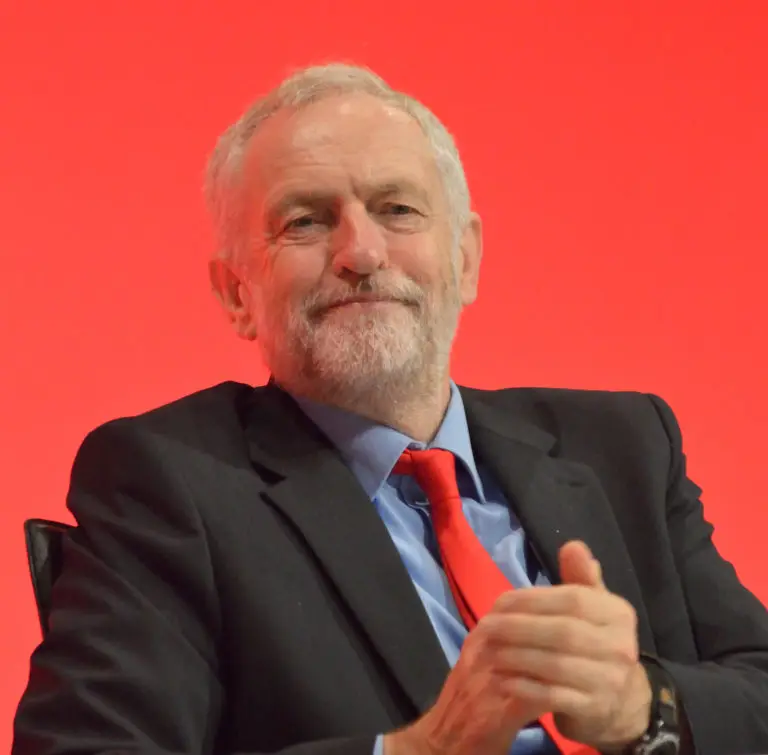As everyone recovers from a busy few days at Labour Conference 2018, the 13,000 members who descended upon Liverpool are now reflecting upon what the whole thing achieved. Labour conference always seems to be a more intense affair than that of the Conservatives (with its heavy focus on ministerial speeches), utilised as not only a social bash for the party-faithful but an opportunity for party democracy.
After the summer the party had, marred by a harrowing anti-Semitism crisis and a contentious National Executive Committee election, many members, me included, were anticipating conference to be a hotbed of drama and division. In fact, it all seemed to be a rather more noiseless affair than what many might have expected. Despite the (obvious) factions battling to have their voices heard, each seemed to be catered for.
From walking around Liverpool’s Echo Arena and the nearby hotels that were treated to the Labour Party-takeover, it wasn’t possible to move without coming across the ‘B’ word. Brexit was on everyone’s lips – and placards. For all the ‘Love Corbyn, Hate Brexit’ signs, however, taking a clear position on Brexit has been an issue that has plagued the party in recent months. One particular contention has been the overwhelming pro-Remain siding of the membership, in comparison to what seems to be a rather Eurosceptic leadership.
But, conference finally seemed to provide the opportunity for Labour to have an answer to Brexit. Keir Starmer’s storming speech left pro-EU members delighted by the prospect of the party edging itself towards a ‘People’s Vote,’ a fancy name for what is essentially a second referendum. After being passed by conference’s 1,650 voting delegates, the policy carries with it the potential option of continued customs union and single market membership. Jeremy Corbyn’s speech, albeit open to supporting a Brexit deal, called for a general election if no deal is voted through Parliament. It countered accusations that Labour is anti-Brexit, whilst reiterating support for the policy passed by members.
Another highlight of conference was Shadow Chancellor John McDonnell. Just before conference kicked off, the New Statesman explored the importance of McDonnell to the ‘Corbyn Project’ – bringing Labour’s centrism to the left, even after Corbyn is no longer leader. The magazine claimed that McDonnell is “the inner circle’s most reliable and loyal media performer, occupying the slot that used to be Caroline Flint’s under Ed Miliband and Tessa Jowell’s under Tony Blair.” McDonnell’s performance at conference this year seemed only to exemplify just how difficult it is to imagine the project succeeding without him. For all Corbyn’s aversion to media performances, McDonnell bounded from fringe to fringe, to interview to interview, with energy and buoyance – even getting a stint at PLMR’s Eastern Reception in. A friend who spent conference working in the media room remarked on just how positively numerous outlets are viewing McDonnell, seeing him as Labour’s new media darling. And, his well-received speech demonstrated Labour’s confidence in offering radicalism and energy. This year’s conference seemed to make clear that Mr McDonnell is paving the way to ensuring the longevity of the revolution that Corbyn’s leadership victory kicked off in 2015.
Fundamentally, Labour’s 2018 conference attempted to tackle some of the key differences the membership is battling. Although rows over changes to the party rulebook, democracy reviews and Brexit stole some of the headlines, the vibe remained largely positive and the stories of the summer didn’t re-emerge in a huge way. Many members left Liverpool feeling optimistic about the Party’s preparation for no longer being the party of opposition. What remains to be seen is how Labour will now take that message to the country.




